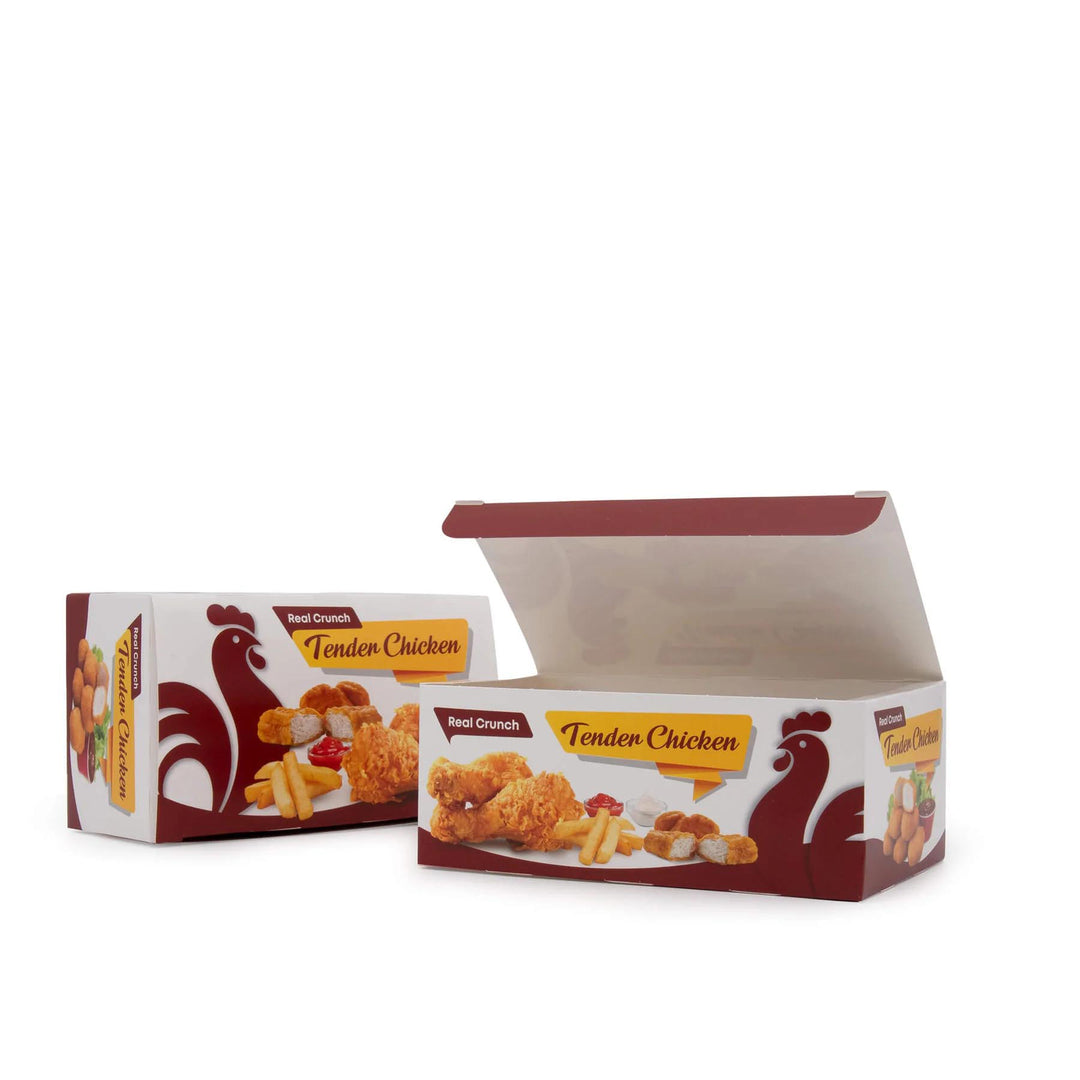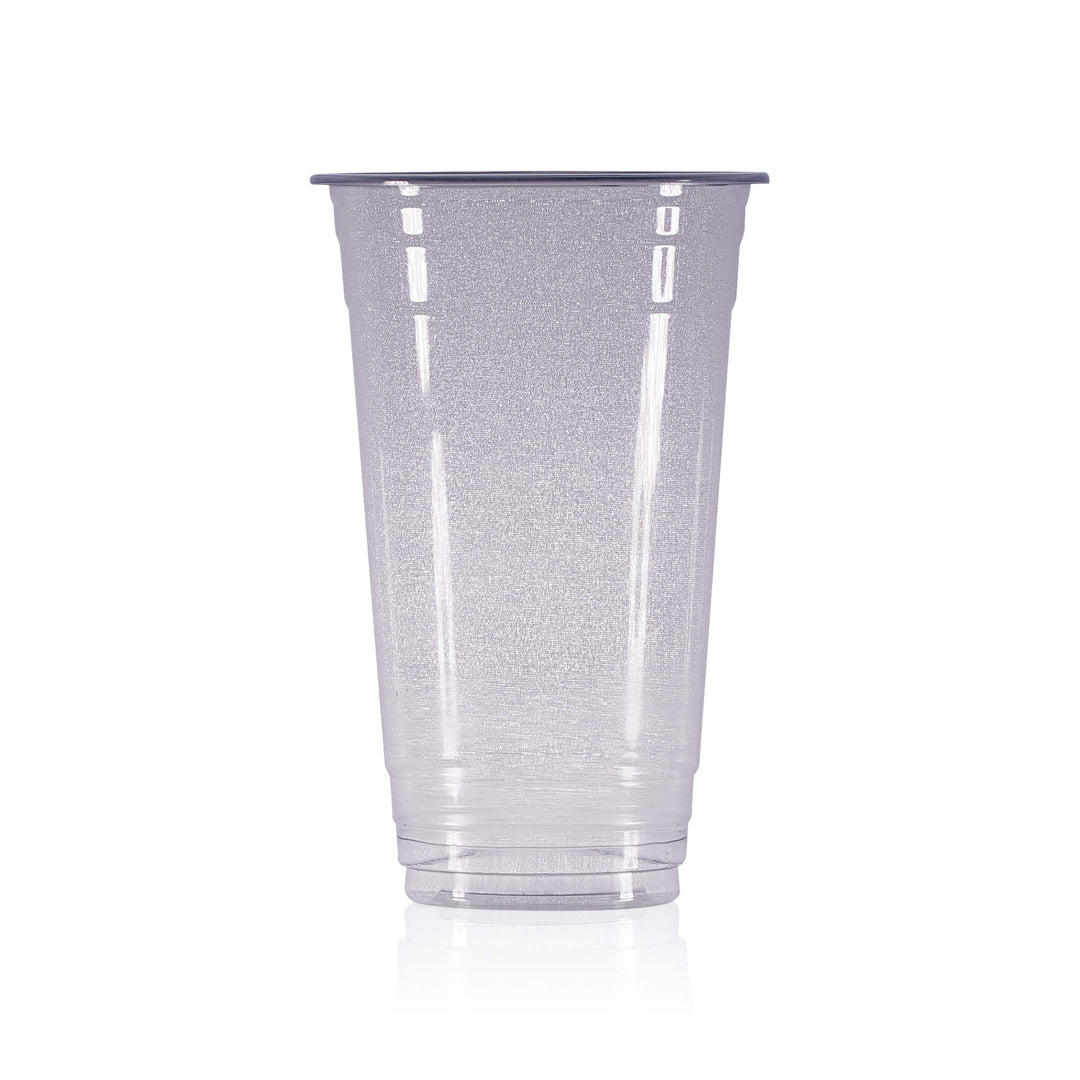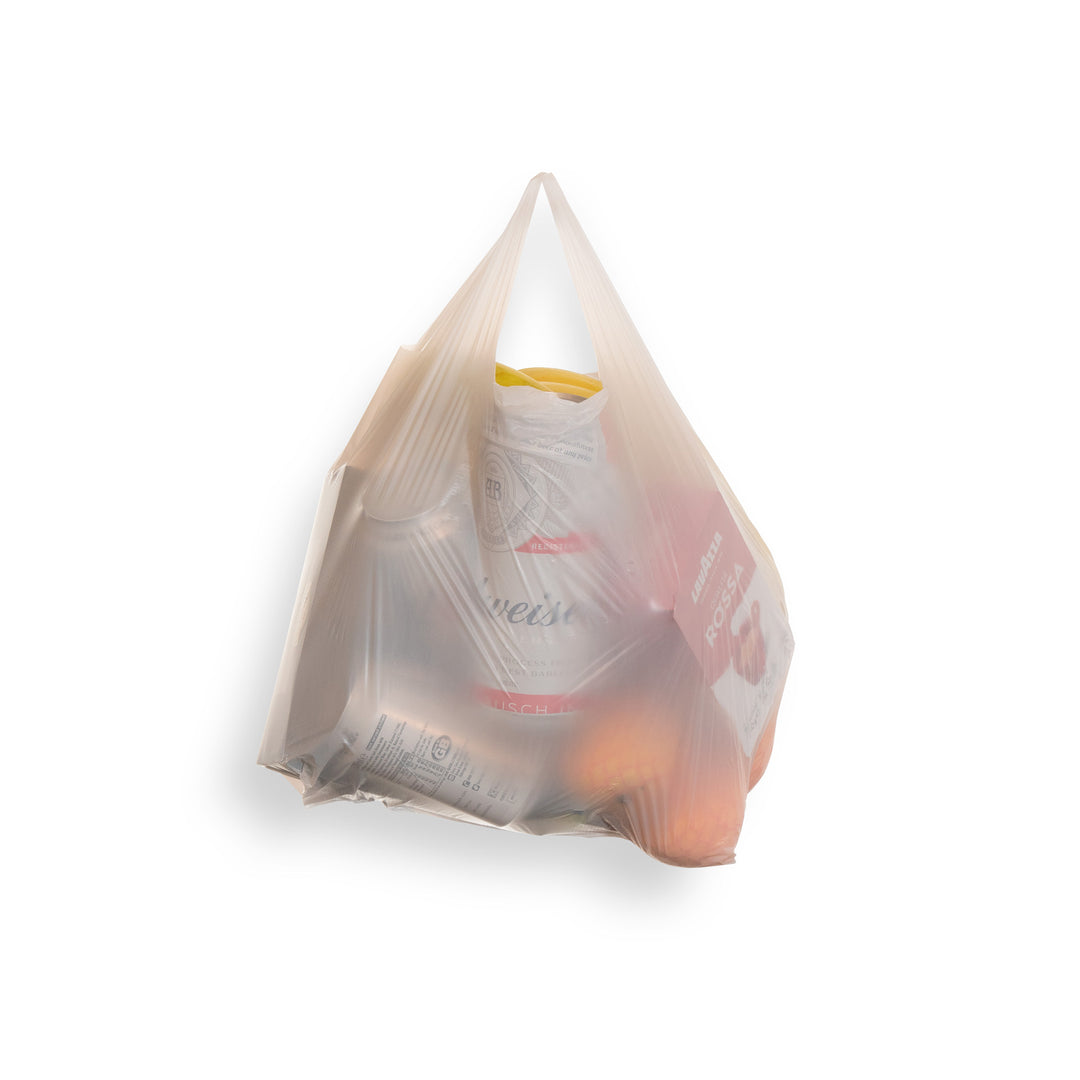You Should Stop Using Plastic Bags For Takeaways. Here’s Why.
Since the plastic carrier bag charge was introduced in 2015 people have become more environmentally aware, trying to break away from the throw-away culture that causes long-term damage to our environment. Instead, they are proactively seeking more eco-friendly products, such as brown paper bags, and shopping with businesses that are doing the same.
Unfortunately, many businesses, such as food takeaway businesses, still use clear plastic bags as part of their packaging. Furthermore, these bags are usually made from non-recyclable plastic.
There are many reasons why sourcing sustainable products, such as eco-friendly bags that can be recycled, is a smart move for any takeaway business, not least to demonstrate to customers that they’re being responsible for their environment, but, more importantly, to reduce their carbon footprint and the negative impact they have on human and animal life.
1) Pollution
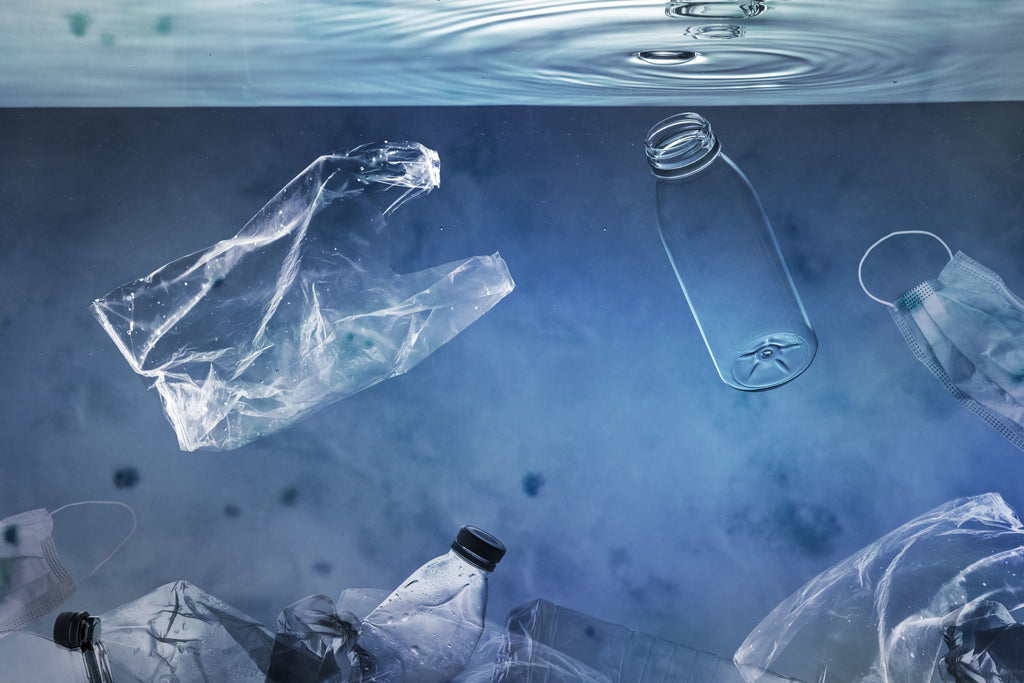
If products are not recyclable, such as plastic bags, then when they are disposed of they will end up in a landfill or at an incineration plant, both of which cause long-term harm to the environment.
Firstly, plastic can take anywhere between 15 and 1,000 years to decompose in a landfill. During this time, whilst the plastic is breaking down, it produces harmful chemicals and releases them into the soil and groundwater. These toxic chemicals can then affect the water we drink and the food we eat, which will, over time, alter the way our bodies function.
Additionally, when the chemicals are released into the water, contaminating ponds and rivers, this damages the natural habitat of fish, birds, and many other animals. The fertility of the soil is also negatively affected, reducing the quality and the ability to successfully support plant life.
Incineration plants are no better. They release air pollutants, toxic chemicals, and metals that can enter the air, water, and soil, affecting our food supply as well as other aspects that we need to survive, such as breathing and drinking water.
2) Health Issues

The toxic chemicals and pollutants that incineration plants release can cause lung disease, heart disease, cancer, and neurological diseases, such as cerebral palsy, autism, and ADD (attention deficit disorder).
Additionally, chemicals released from incineration plants are believed to be a contributing factor to birth defects.
Going back to landfills, the harmful chemicals released from these are believed to increase the risk of asthma, tuberculosis, and other recurring health issues, such as diarrhoea and coughing.
3) Difficult To Dispose
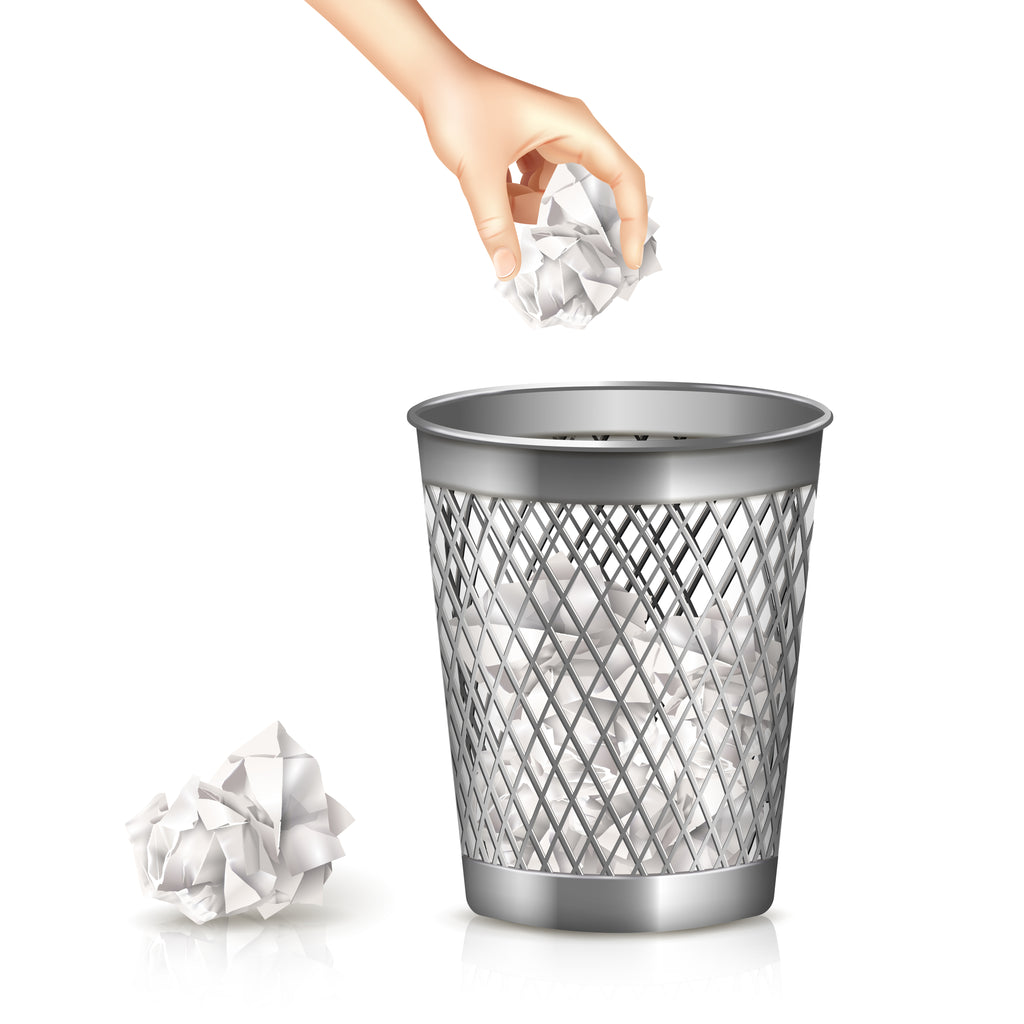
As previously mentioned, individuals have become more proactive in seeking sustainable products since the plastic carrier bag charge was introduced. They are aware that it’s not easy to dispose of plastic in an eco-friendly fashion; a single-use plastic bag has a lifespan of just a few hours, yet it could take up to 500 years for them to break down.
So, if you’re a takeaway business that is still using plastic carrier bags, this may impact a potential customer’s decision on whether they want to shop with you.
Additionally, an existing customer may decide to order their food elsewhere if they are seeking to reduce their household plastic and have found a takeaway business that uses reusable products, such as paper bags.
By supplying and using paper takeaway bags in your business, or any other types of recyclable packaging, this demonstrates to people that you are taking responsibility for your environment, and it allows customers to reuse their takeaway packaging or even dispose of their rubbish by using green methods, such as composting.
4) Non-Renewable Resources
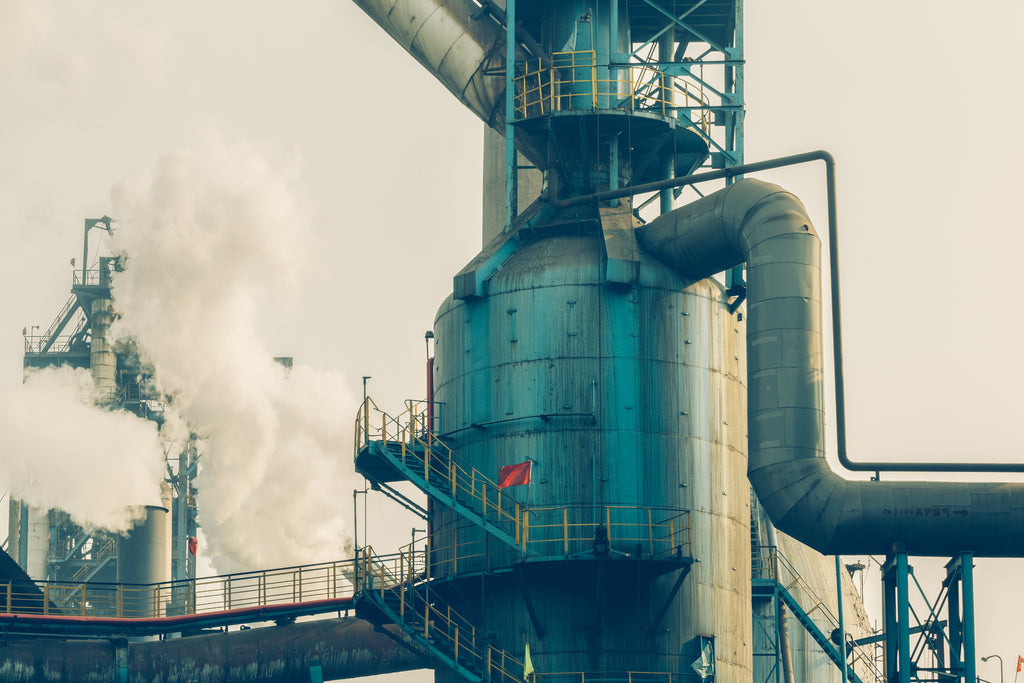
Incineration plants, where a lot of plastic ends up, run on non-renewable resources, such as fossil fuels. The term non-renewable means that the fuel is being used at a rate quicker than it is being replenished.
But even before plastic gets to the incineration plant non-renewable resources will already have been used. This is because plastic is made up of crude oil, which once used, cannot be replaced.
For small items, businesses, such as takeaways, cafes, and restaurants, should consider replacing their plastic packaging with items that can be recycled, such as these takeaway grease-proof bags.
5) Harmful To Wildlife

Lastly, plastic bags are lightweight, which means they can easily be lost to the air or water, a sad fact that is evident when we look around our towns and cities.
Food takeaway businesses should be acutely aware of how easily plastic bags can be carried away by the wind, from bins, or customers not disposing of them properly, and should seek less harmful alternatives, such as paper bags.
Once plastic bags end up in rivers and lakes, not only do they pollute the water which affects any wildlife that comes into contact with it, but people who consume fish can end up digesting these harmful toxins found in plastic since they will have been eaten or absorbed by the fish while it was alive.
Additionally, birds and other animals are at risk of becoming entangled in plastic bags which can result in many species unnecessarily dying.
By using sustainable packaging that can be reused, composted, or recycled, food takeaway businesses can reduce their plastic waste, and ultimately, the harm that plastic causes the environment. As a side note, plastic-free products generally weigh more, so they aren’t as easily carried away by the wind or water.
The brown paper bags that Albiz supplies are biodegradable bags, which means after they’ve been used or reused, they can be easily broken down by bacteria and other living organisms so that they don’t exist as waste for long.
If you’re a takeaway business seeking more biodegradable packaging, then Albiz offers a wide range of pizza boxes, fried chicken boxes, and trays that are eco-friendly alternatives to using plastic packaging.


